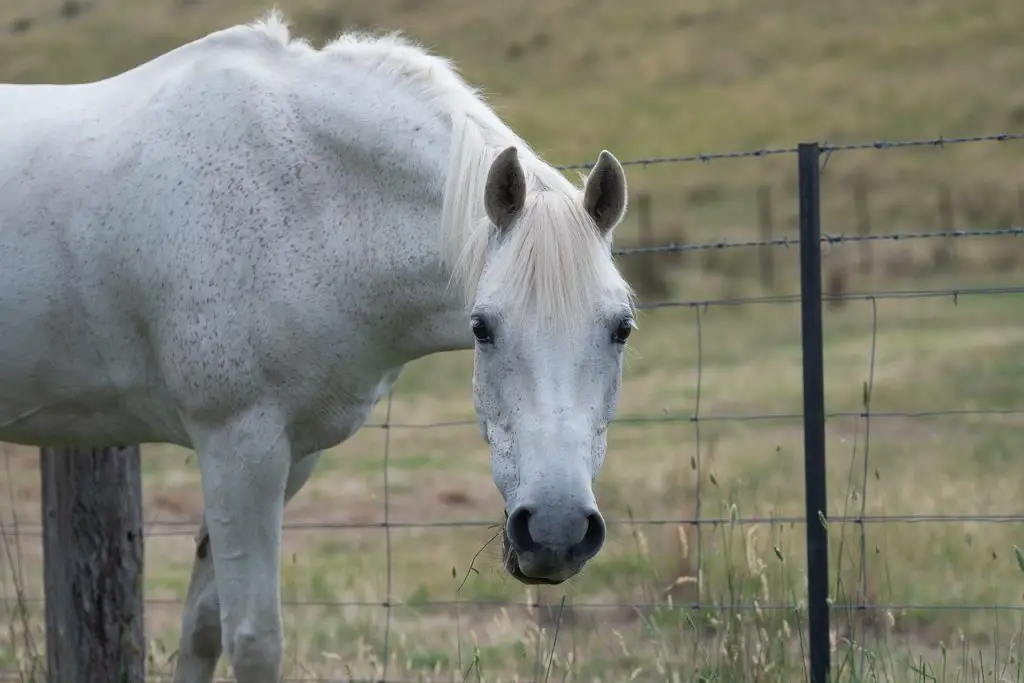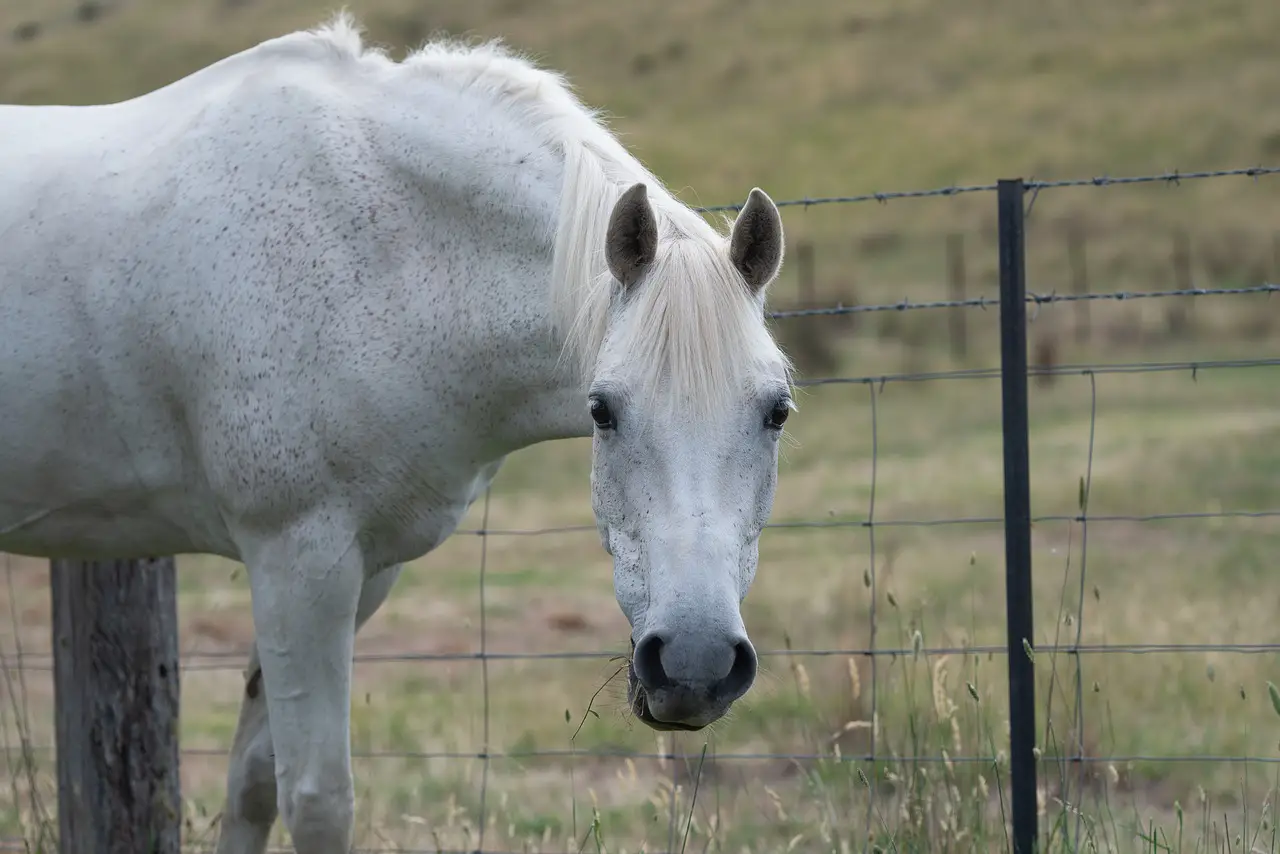Last Updated on March 18, 2022 by Allison Price
Choke is a term that refers to an emergency situation in which food has become stuck in the airway and cannot be absorbed into the lungs. The Heimlich maneuver is a great option. It allows you to expel the object by forcing a short breath. Choking in horses is quite another matter. It’s an obstruction in the esophagus that causes choke in horses. This means the horse’s airway is not blocked and they are generally not in immediate danger. It’s important to not ignore it!
Causes
Choking in horses is most commonly caused by food items. Food items such as hay, grain, and feed can cause horses to choke. This happens when the food is mixed with saliva, which can lead to swelling and wetness. Obstructions can also be caused by a greedy eater who fails to chew his food properly before swallowing. If swallowed whole, it is rare for a large object like an apple to cause choking.
Signs of Choke
Choking is something that most owners are aware of. Horses can choke when they are unable to swallow food or water. They may drool and spit out food or saliva, try several times to eat or drink, or have food particles drain from their noses.
Some horses will look as if they’re trying to vomit or gag. An observant owner may notice the horse stretching his neck repeatedly to try to shift the offending material. Occasionally the obstruction will be palpable along the neck if it’s large enough. If it’s only a partial obstruction, the horse may still be able to drink and eat some foods. If your horse has been sedated for any reason, do not allow him to eat until he is completely awake. Horses that eat while under the influence of sedation can choke easily. If you notice any of these signs, call your vet immediately. Veterinarians typically diagnose choke with a good history and failure to pass a nasogastric tube down into the horse’s stomach.
What should you do?
Each case is different so the best way to treat choke depends on what you are experiencing. For mild cases, you can withhold feed to allow saliva to build up and lubricate and move the lump downward. Smooth muscle relaxants or sedatives may be used to help the lump pass.

If the obstruction doesn’t clear up quickly, a veterinarian will pass a nasogastric tub into the esophagus. Then, he or she will apply light pressure to remove the obstruction. The horse is put to sleep and water is pumped into this tube. To break down the material, the tube is gently moved back-and-forth. To prevent the material being pushed into the horse’s lungs, it must be kept at a low level. This method is more efficient than using a lot of pressure. It requires patience. A more vigorous lavage may be necessary, but it is important to remember to keep your lungs clean.
Follow-up Care
Many veterinarians recommend that you schedule an appointment for an endoscopic examination to check for any mucosal damage in the esophagus. Choking can cause an irritation to the horse’s esophagus. To make it easier for your horse to swallow, you should give him a few weeks of soaked and pelleted feeds. Horses with severe esophageal damage might require special gruel-type feeds for two months.
Your veterinarian will also examine your horse carefully for evidence of aspiration. This could cause pneumonia. If the choke is not treated within a few days, pressure damage to the esophagus wall may occur, which could lead to rupture. This is rare, however.
Prevention Methods
Choke is a serious equine problem that can be prevented. However, it is possible for some horses to be more susceptible. Choke can occur in older horses who have missing or damaged teeth. You can help your horse by soaking any dry feeds that expand upon being wet. Also, make sure to keep up with dental care. Horses may eat their bedding, and even swallow wood chips or shavings that get stuck in their esophagus. You can use a muzzle to stop your horse from eating his bedding. To help your horse clean his feed, ensure that he has 24 hour access to clean water. You can slow down your horse if he eats too much of his feed. Salt block-sized stones should not be added to horses’ feed bins. This will make it impossible for them to eat them. You can also observe your horse’s eating habits to see if he is likely to gulp his food. Is he anxious about eating? Does he belong to the lower echelon in the herd pecking orders? Does he have any past history of having to fight for his food
Although it is unlikely that you will ever have to experience choke, it is important to take preventive measures with your horse’s dental and feed management. Choking is a serious equine problem that can lead to death. However, it is possible to treat the situation quickly with your veterinarian.


